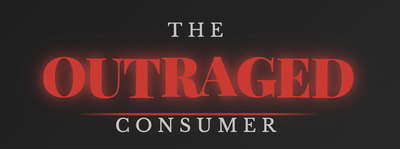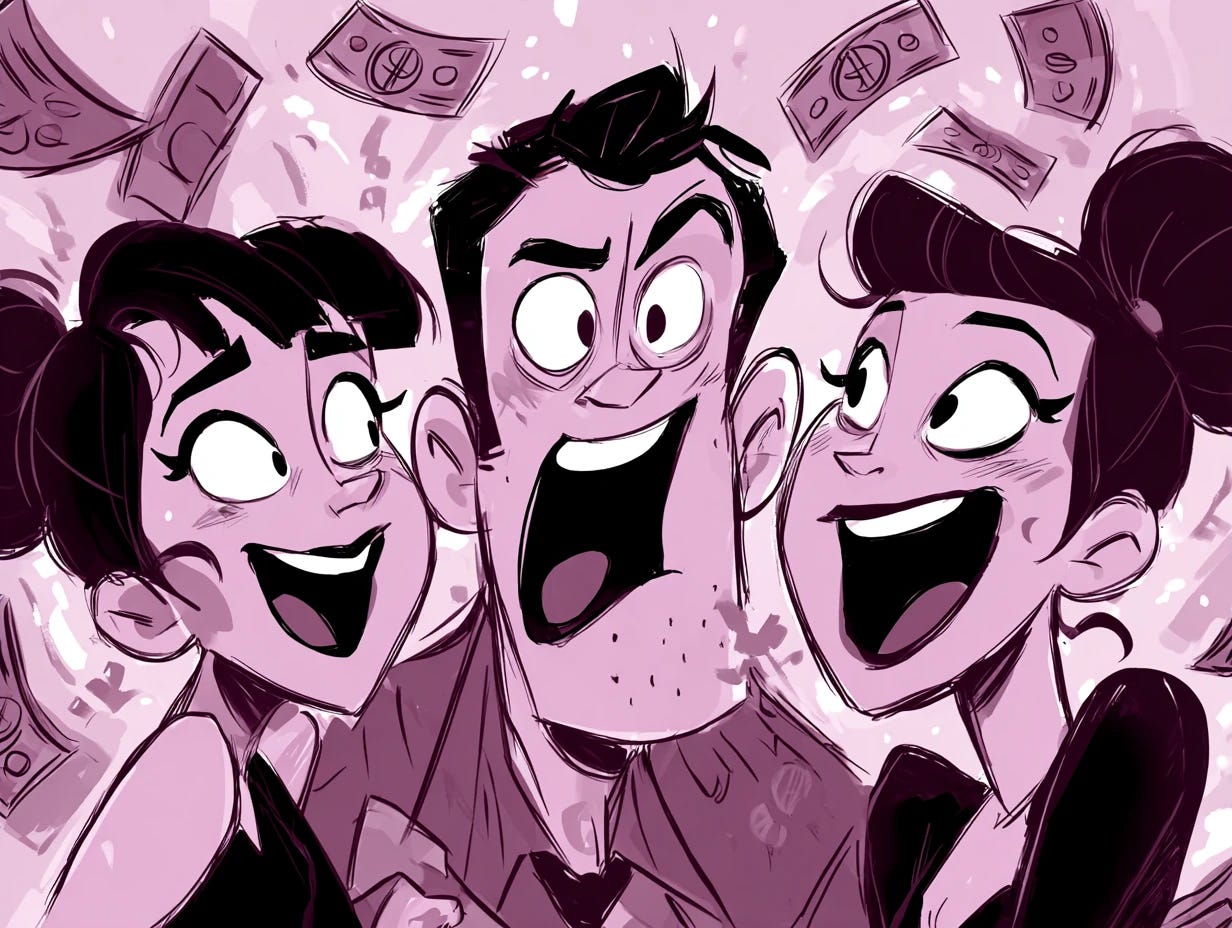Buy Now, Pain Later
Yes, BNPL is popular but oh, the morning after ...
Buy Now, Pay Later is sweeping the land, but bankers and consumer advocates -- who don't normally agree on much -- warn that the "free credit" promise it holds out can be both deceptive and addictive.
We all know there's no such thing as free money, and it should come as no surprise that there's no such thing as free credit either. Even if your Uncle Ned breaks down and loans you the $1,500 you need to fix your Tesla, you can bet he will extract some interest in one way or another down the road -- if not monetarily then emotionally or otherwise.
The same is true of BNPL, as it has come to be known. Like most attractive addictions, BNPL is all over the web. Lately, it seems that every time you order something, you're given the choice of putting it on your already-overburdened credit card or taking out a "free" or almost-free BNPL plan.
It seems almost too good to be true, and like most such things, it is. While it may be true that you can stretch your payments out over a few months' time without a credit check and without leaving a trace on your credit report, the hard, cold fact the next morning is that you're another few hundred dollars in debt.
And even worse, the great escape from your credit report is about to come to a halt.
And worse yet, the well-heeled promoters behind the scheme are organizing to head off any attempts to curb BNPL's growth, and with federal consumer protection agencies effectively knee-capped, they have a good chance of getting away with it.
Banks hitting the brakes
Perhaps the biggest sign that BNPL is spinning out of control is the fear it is stoking in the coldest bankers' hearts. Simply put, big banks are afraid that consumers are overusing BNPL -- running up a tab they won't be able to pay, or even worse, a tab that puts them under pressure and causes them to be late with other loan payments like, um, their credit cards.
While the moneyed interests behind BNPL are scheming to lobby their way out of new regulations, the bankers are putting their thumbs on the credit bureaus, which are responding as expected.
"Buy Now, Pay Later loans are playing an increasingly important role in consumers’ financial lives," Julie May, vice president and general manager of B2B Scores at FICO, said in a news release. "By expanding our FICO Score 10 Suite with new models designed to incorporate BNPL data, we’re enabling lenders to more accurately evaluate credit readiness, especially for consumers whose first credit experience is through BNPL products. This innovation also supports our mission to expand financial inclusion by helping more consumers gain access to credit."
In other words, Big Brother will be watching and will know that your already somewhat spotty record is in fact a sea of red ink, much of it previously undetected.
What that means in real terms if that if you have too much BNPL debt, it could make it harder or more expensive -- or both -- for you to get a mortgage, car loan, or an increase in your credit card limit.
The pleasure of little or no interest on one purchase will be erased by the pain of higher interest on other purchases.
Many not waiting for FICO
FICO is being cagey about just when BNPL loans will start showing up in its reports but many bankers and credit unions aren't waiting around. One credit union cited by the Wall Street Journal has been calling its customers, warning them that BNPL loans may put a big black blot beside their names. Some community banks are doing the same and mortgage companies are likely to inquire carefully about customers' BNPL habits.
BNPL amounts to a billion-dollar blind spot in Americans' credit ratings, big lenders say, and they're moving to be sure they have enough information to spot consumers who are in trouble before they sink completely below the surface.
They are likely to find plenty of trouble waiting for them. A survey conducted a few years ago by Qualtrics showed that 44% of Americans have used a BNPL plan. Of those consumers, 34% said they have fallen behind on payments.
Look more closely and you'll find that younger consumers may be more likely to miss payments. More than half of Gen Z and millennial respondents who have used BNPL services say they have missed at least one payment, compared to 22% of Gen X and just 10% of baby boomers. This may be because younger borrowers are still somewhat naive about debt or it may be that they are short of cash. Or both. Either way, it's not a statistic that bankers want to see.
Indeed, a 2023 Consumer Financial Protection Bureau report found BNPL users have higher-than-average credit-card balances and are more likely to overdraft their accounts.
Banks are sensitive to criticism over the sky-high interest rates they charge on credit cards and say in their defense that they need the money to cover their losses, thus making them determined to track down free-loaders whose debts don't show up in their credit reports.
Of course, banks are in business to lend money, which makes BNPL a double threat, since it not only skewers credit scores but also represents competition. Who wants to pay for credit when they can get it for free?
The FinTech Factor
Another factor at play here is the people dishing out these interest-free loans. They're certainly not bankers, for the reasons noted above. No, they're FinTech people -- Big Tech, as it's sometimes known, the financial backers of the online platforms that do most of the BNPL lending.
They're represented by the Financial Technology Association, a trade group that -- not surprisingly -- thinks that BNPL loans are just dandy. They argue, in fact, that the default rate for BNPL loans is less than 2%, far below traditional credit cards. And therefore, they argue, consumers who pay their BNPL accounts on time should be rewarded.
“We do believe somebody paying on time consistently should have a positive effect on their credit score,” FTA President Penny Lee said.
The Trump Factor
In normal times, this would set up an all-out lobbying war and the heavy cannon would be setting up on DC's K Street. But these are not normal times. The likelihood of Congress doing anything on its own is slim and the likelihood that the FinTech forces will attempt an end run around Congress by going straight to the White House, which most observers think is likely to look with favor on them, assuming the proper swag is provided.
But big banks have ultimate clout with the FICOs of the world and there is little doubt that BNPL debts will soon appear in credit reports. Whether any serious government regulation occurs in the most deregulatory era of modern times is another question.
The message for individual consumers is pretty much the same as always: Watch your spending and use credit sparingly.



